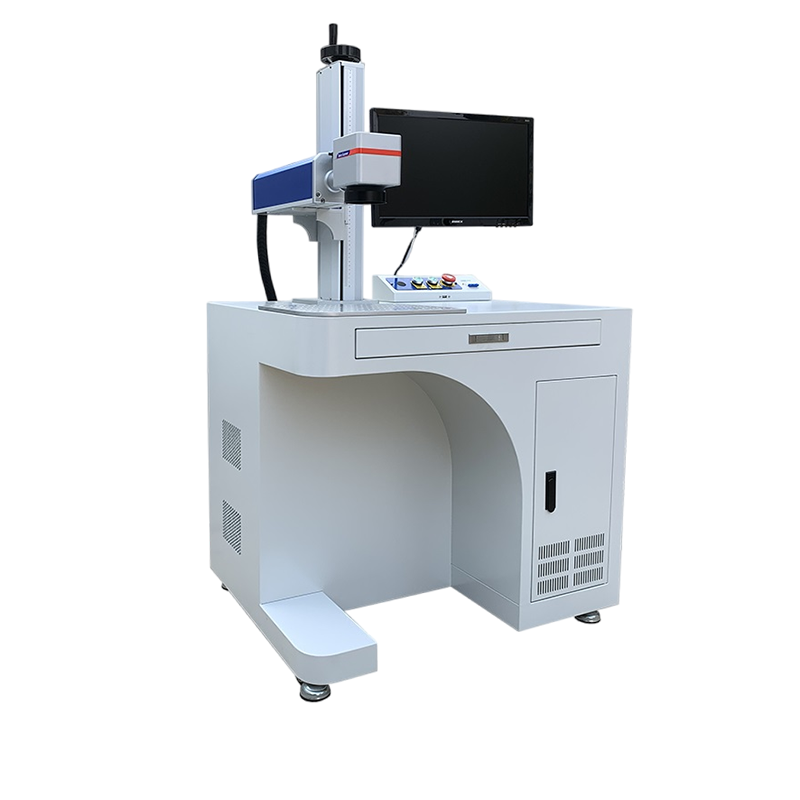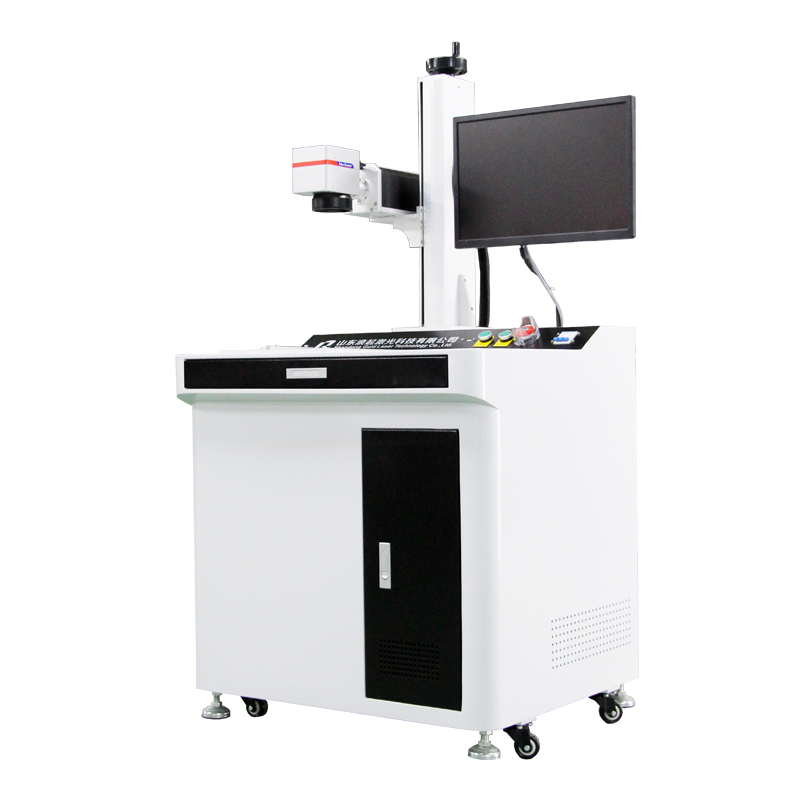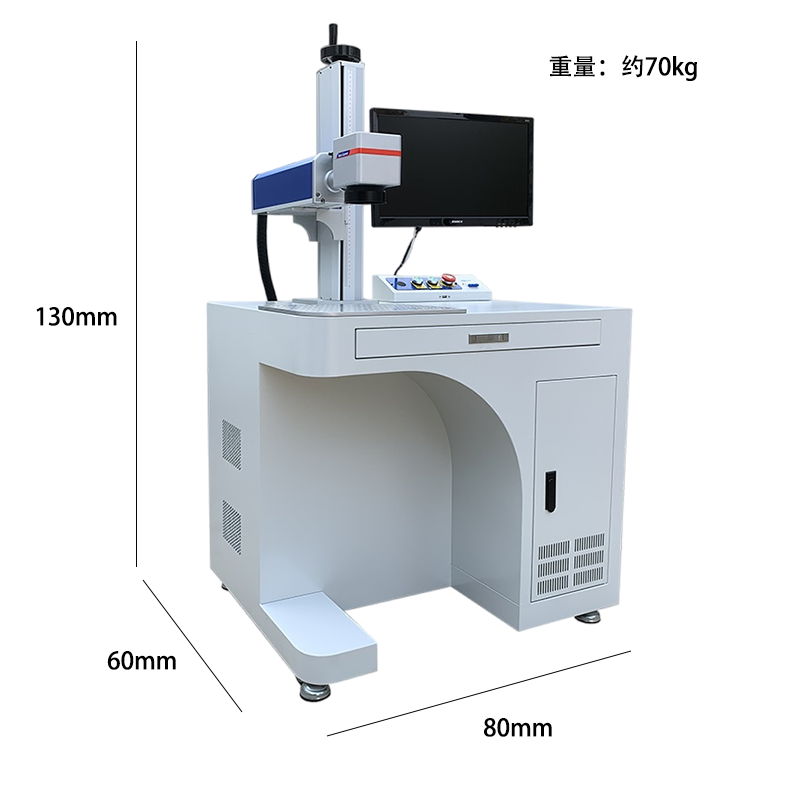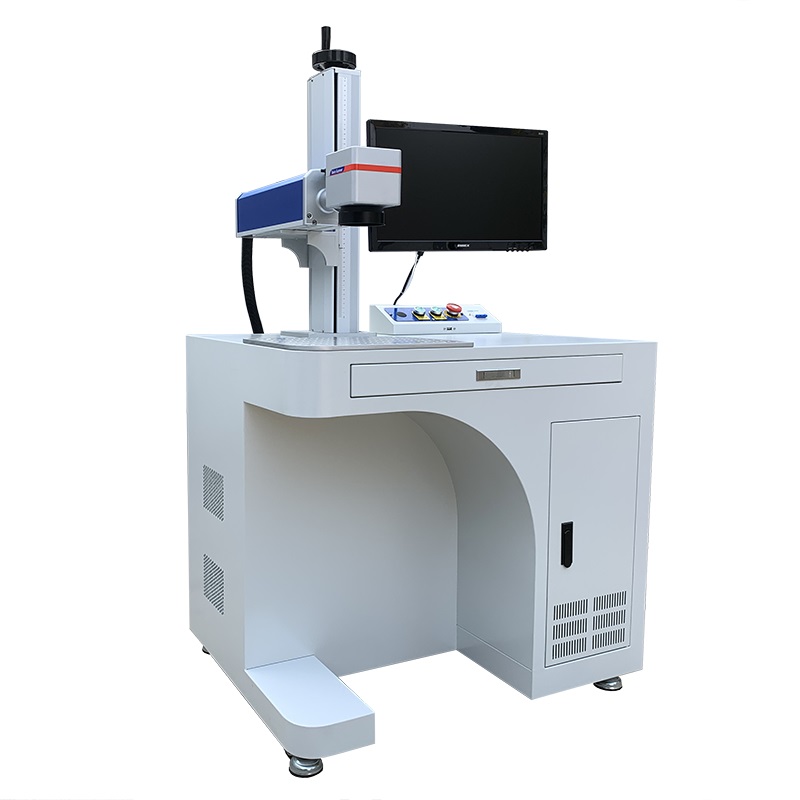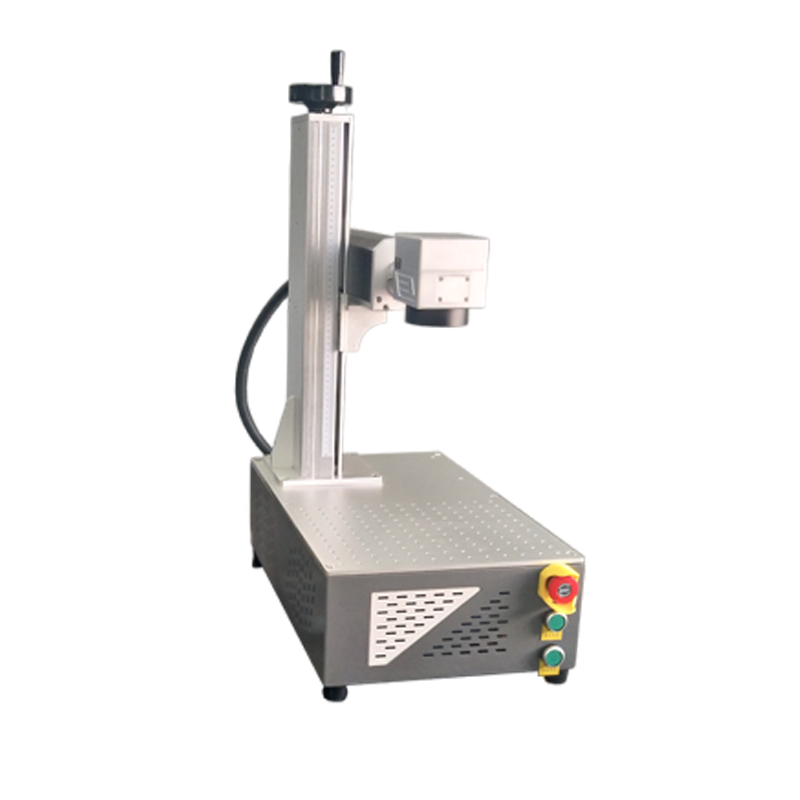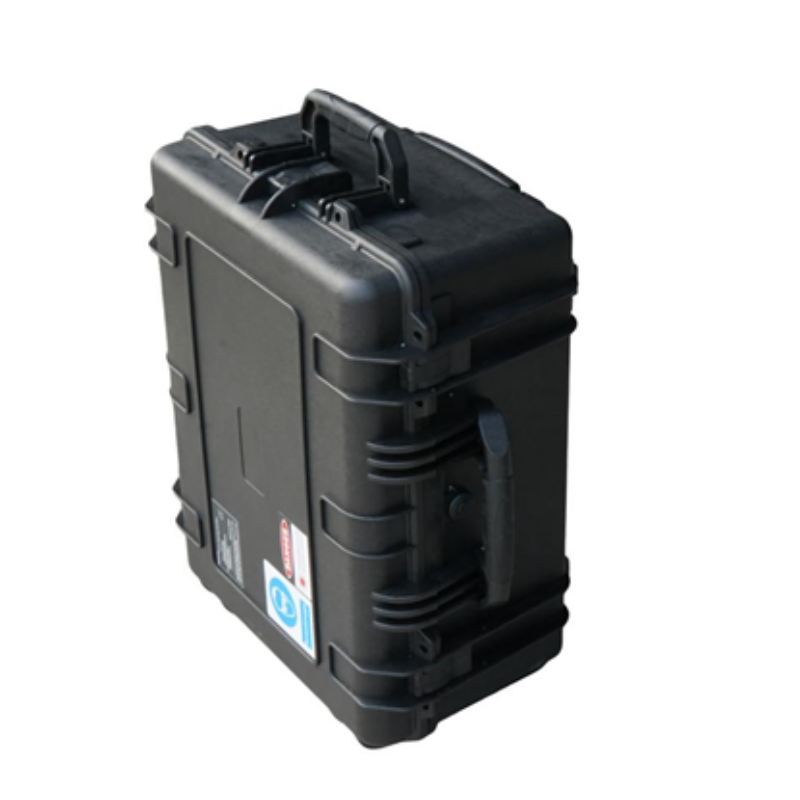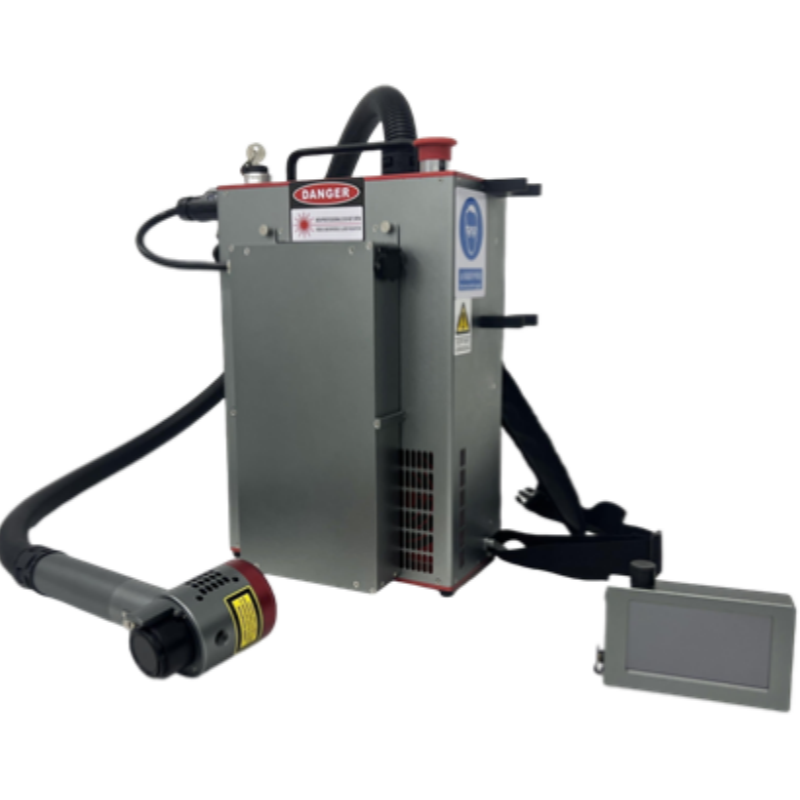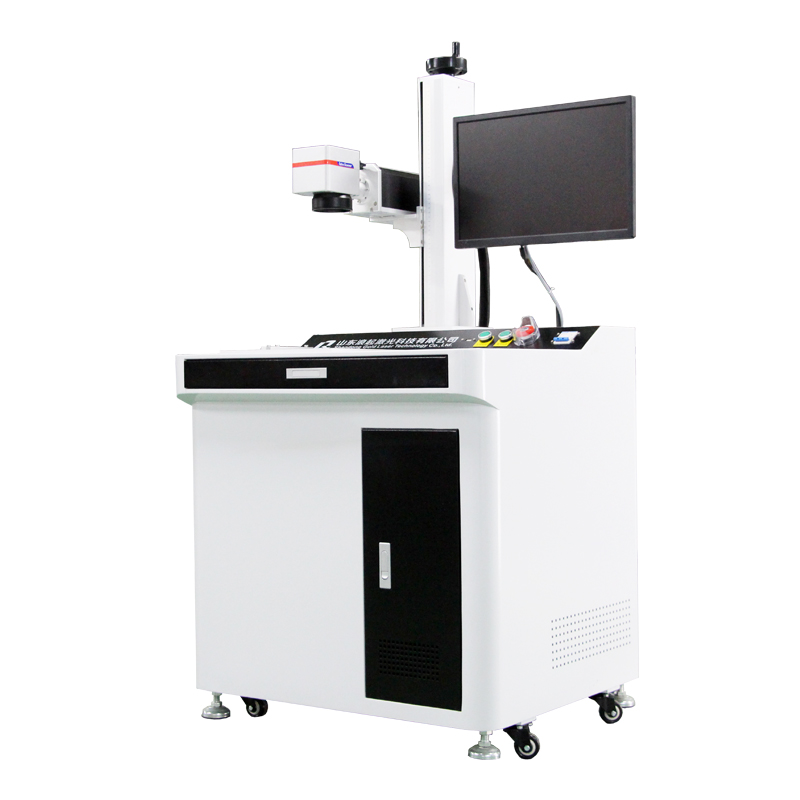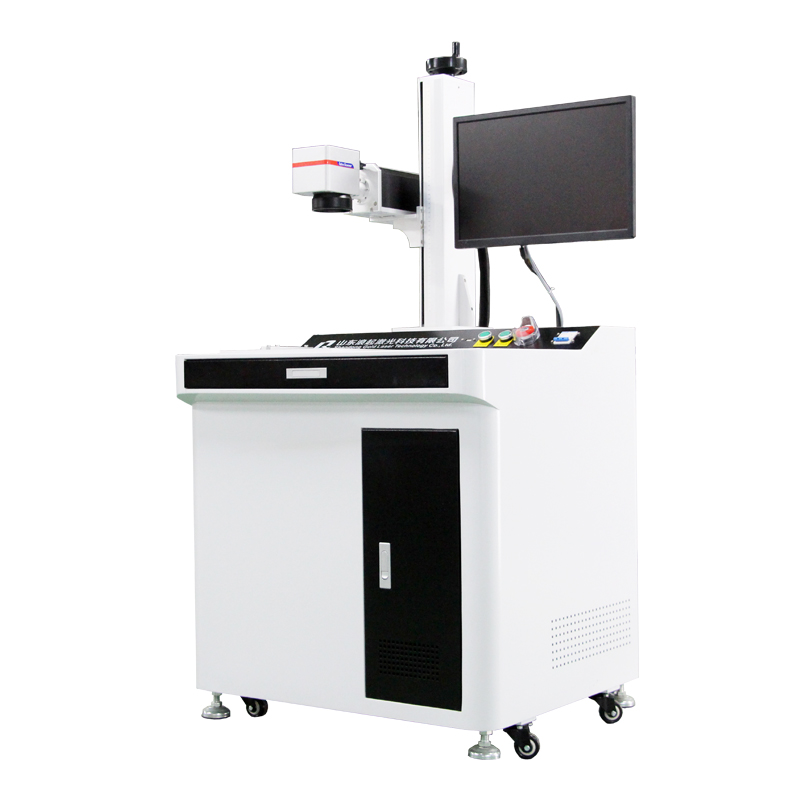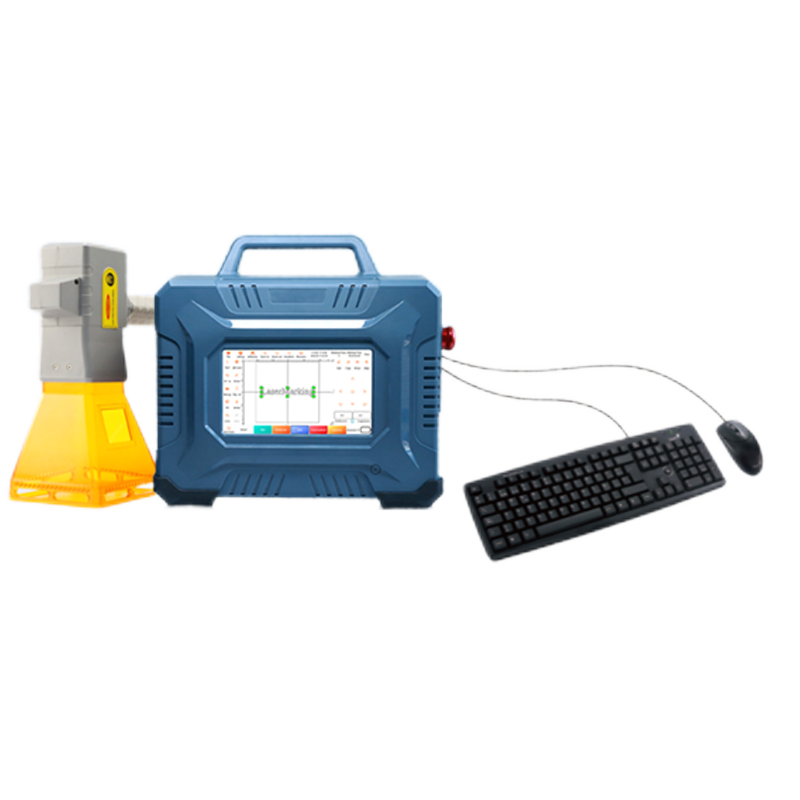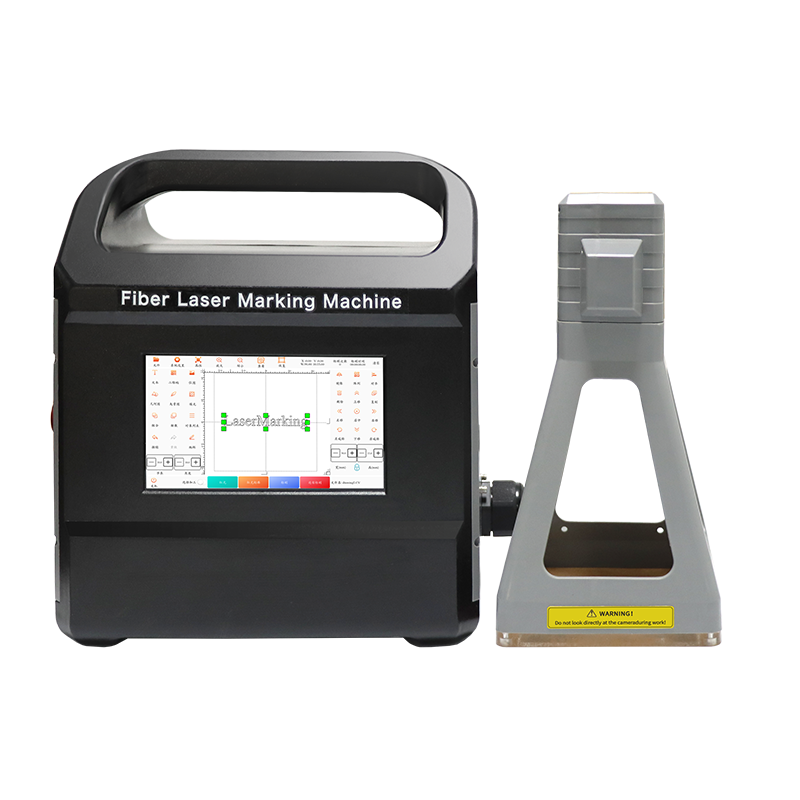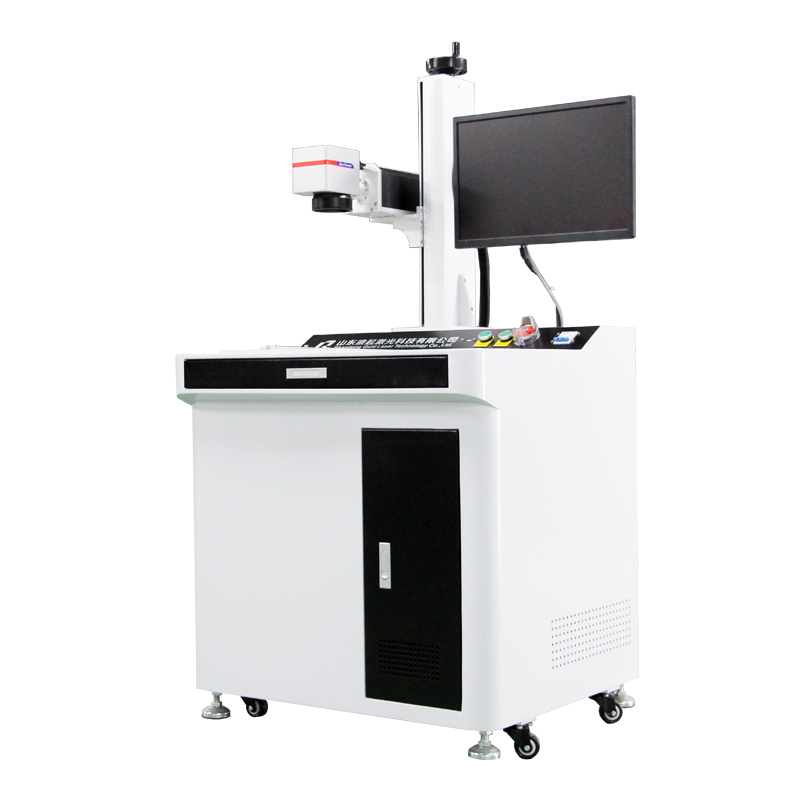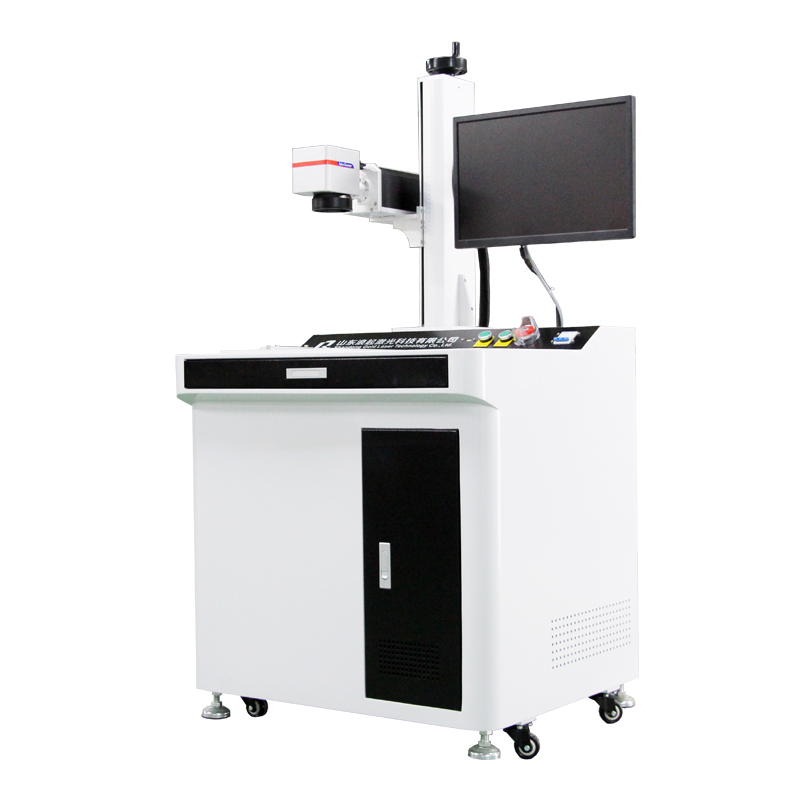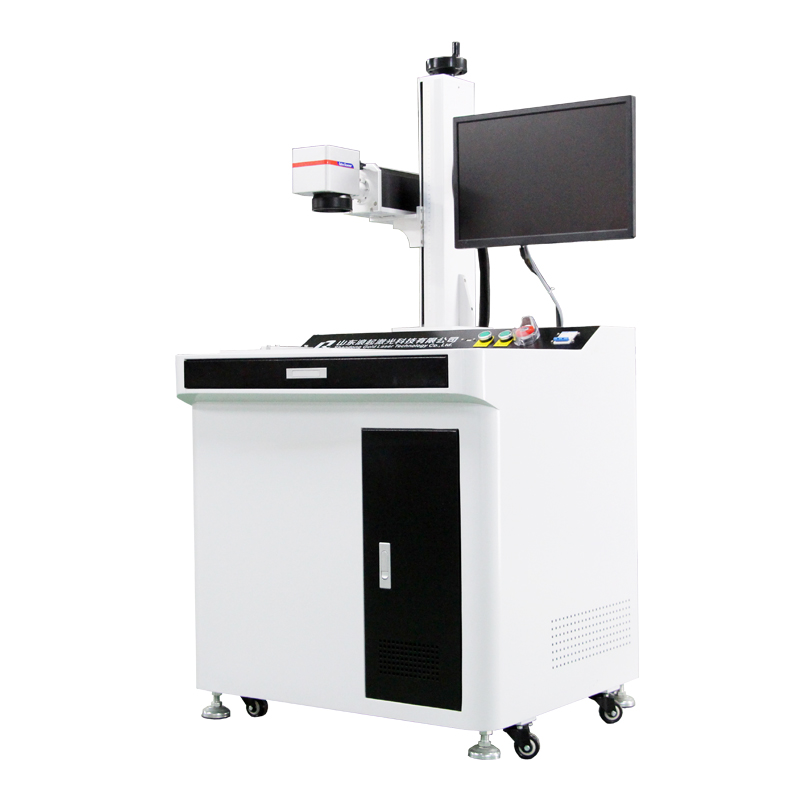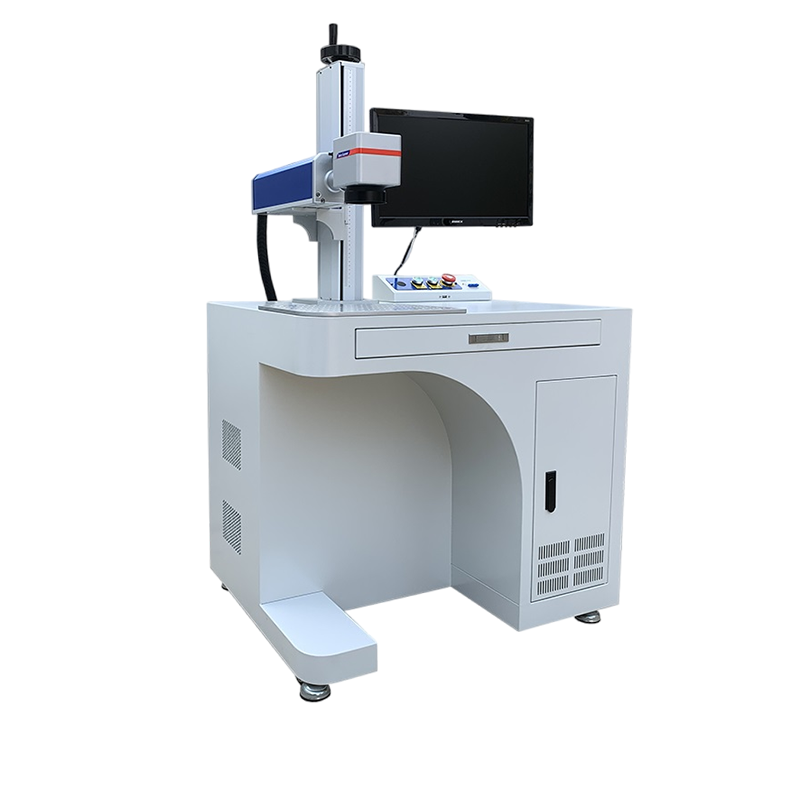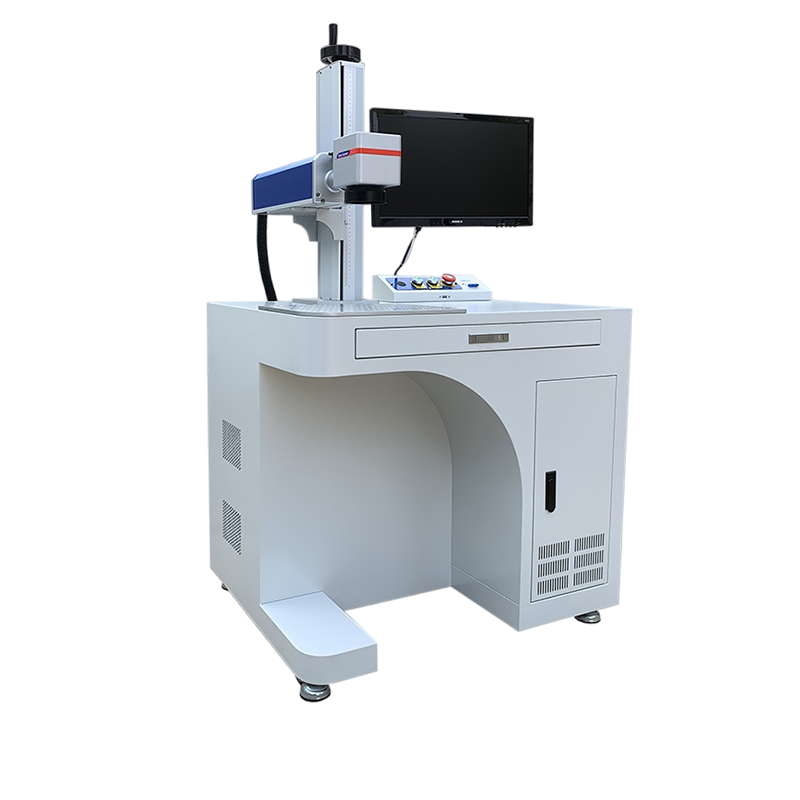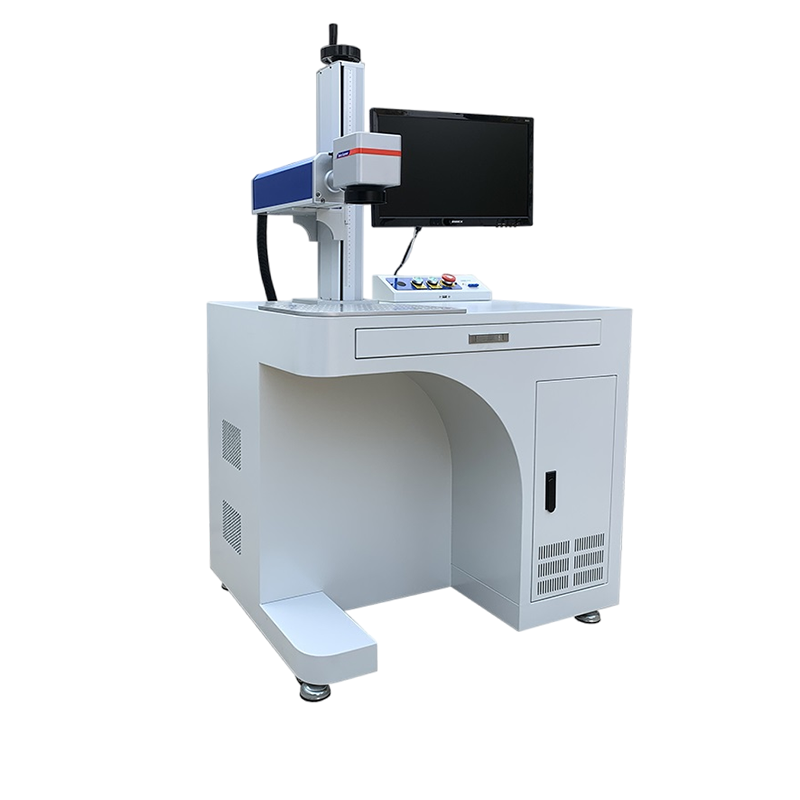A fiber laser marking machine is a highly efficient and precise tool used for deep marking applications on various materials, including metals, plastics, ceramics, and composites. Deep marking involves engraving or etching with significant depth, often for industrial, automotive, aerospace, or tooling applications where durability and permanence are critical.
Key Features of Fiber Laser for Deep Marking:
High-Power Laser Source (20W to 100W or more) – Provides the intensity needed for deep engraving.
Short Pulse or QCW (Quasi-Continuous Wave) Fiber Laser – Optimized for deep engraving with controlled heat input.
Precision & Speed – Maintains accuracy even at higher depths (up to several millimeters, depending on material).
Non-Contact Process – No tool wear, ensuring long-term consistency.
High-Quality Beam (M² < 1.2) – Ensures fine detailing even in deep engraving.
Materials Suitable for Deep Marking with Fiber Laser:
Metals:
Stainless steel
Aluminum
Titanium
Carbon steel
Tool steel
Brass & Copper (with proper settings)
Hardened Metals & Molds
Plastics & Polymers (some require specific wavelengths)
Ceramics & Carbides
Applications of Deep Marking with Fiber Laser:
✔ Industrial Part Identification (Serial numbers, QR codes, barcodes)
✔ Automotive Components (VIN numbers, engine parts)
✔ Tool & Mold Marking (Durable logos, tracking info)
✔ Aerospace & Defense (High-precision part marking)
✔ Medical Devices & Implants (Permanent identification)
✔ Jewelry & Luxury Goods (Deep engraving for customization)
Advantages Over Traditional Methods:
No consumables (unlike ink or chemical etching).
Permanent & tamper-proof markings.
High repeatability for mass production.
Environmentally friendly (no toxic chemicals).
Considerations for Deep Marking:
Laser Power: Higher wattage (50W–100W+) allows deeper marks.
Pulse Duration & Frequency: Adjust for optimal material removal.
Multiple Passes: Often required for deeper engravings.
Assist Gases (Optional): Helium/Argon can improve quality on certain metals.

